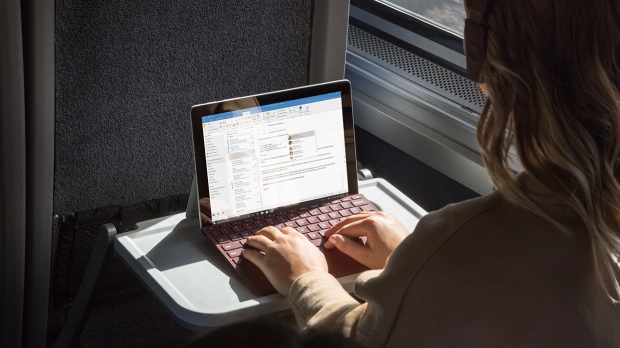We all know that Windows 10 doesn't have too many miles left on the clock for support, and the impact of that could be pretty devastating to the environment, an advocacy group in the US has argued.
The Register reports that PIRG, the US Public Interest Research Group, has brought attention to the stark reality that when Windows 10 is made obsolete in October 2025, that will mean up to 400 million of the billion devices out there running the older OS could be on the scrapheap.
PIRG urges Microsoft to think again on Windows 10 support, and notes that the move could mean the "single biggest jump in junked computers ever," putting a big dent in the company's drive for sustainability.
The big problem with Windows 10 is the upgrade path to Windows 11 has hardware requirements we've never seen before - like the stipulation for TPM and ruling out older processors.
Some of those CPUs aren't that old either, and this means that PCs bought not too long ago are left out in the cold for an upgrade. When 2025 rolls around, they may not be able to switch to Windows 11 at all - upgrades to hardware in order to facilitate moving to the latter may not be feasible (or even possible in the case of laptops).
PIRG observes:
"Microsoft's decision to stop supporting millions of functional computers in our hospitals, businesses, and homes is a raw deal for customers who expect their expensive devices to last."
"All software reaches a point at which it's no longer supported, but when the consequences to our environment are this large we shouldn't accept it."
Petition for change
Lucas Rockett Gutterman, PIRG's Designed to Last campaign director, delivered a petition to Microsoft to extend the shelf life of Windows 10 beyond 2025, in order to prevent the potential nightmare scenario of a ton of hardware having to be junked. Or at least to prevent it from happening so soon.
While two years sounds like it's a long way away on the face of it, it isn't really that much time, especially not for businesses. They likely have all kinds of issues to deal with regarding their systems and software when it comes to a company-wide migration of an OS.
- Read more: Microsoft's Copilot AI just arrived for more Windows 11 testers
- Read more: Windows 11's Copilot AI might take over your desktop in the future - if you want it to
- Read more: Rumor that Windows 12 will charge a subscription fee is shot down in flames
As mentioned, Microsoft has been on a push for better green-friendly practices in recent times (as has Apple for that matter). That includes making its devices more easily repaired and therefore sustainable, and as the petition for Windows 10 ties into that line of thinking, it'll hopefully be food for thought for Microsoft.
PIRG notes that the petition had 20,000 signatures, and we're guessing there are a whole lot more folks out there who are interested in hearing what Microsoft has to say on this topic.
Windows 11 upgrades have notably been way slower than the pace of adoption that Windows 10 itself saw.
Indeed, Windows 11 only holds a 24% market share after two years of its existence, which is pretty poor compared to Windows 10 that hit 36% in the same timeframe. Those hardware requirements have definitely had an impact on migration to Windows 11, but Microsoft has previously made it very clear that it considers them necessary for improving security.


